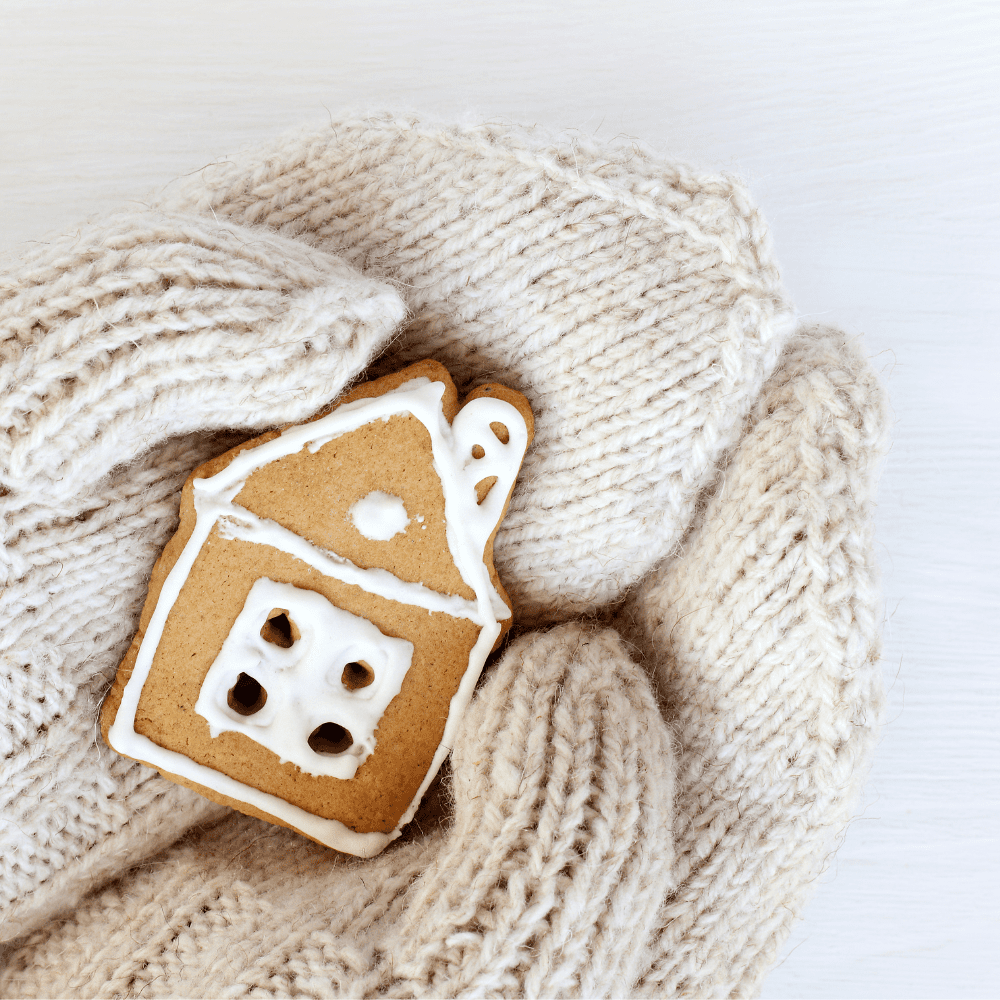As winter approaches, we can expect changing weather conditions. During this time, warnings for flooding and icy roads are more frequent, and temperatures typically drop from December to February.
At The Good Care Group, your safety is our top priority. We are committed to doing everything we can to prevent incidents both at home and outdoors. Together, we aim to help you plan ahead this winter, ensuring you remain safe and secure whether you’re indoors or venturing outside.
Staying warm and well in winter
Firstly, as the cold temperatures begin to set in, the following advice will ensure that you and your loved one remain comfortable at home.
Keep the house warm: Those with health conditions, people over the age of 65, or those with heart or lung disease should heat their home to at least 18°C.
Wear multiple layers: We encourage our clients to wear clothes made from cotton, wool, or fleeced fibres and put on multiple layers to maintain body heat.
Hot meals: Provide at least one hot meal a day and regular hot drinks. These meals should consist of fruit, veg and low fat where possible.
Indoor exercise: Encourage your loved one to stretch their legs every hour and engage in moderate exercise at home.
Foods that fight infection
During winter, there is an increase in respiratory infections such as colds and flu. One of the best ways to prevent this is by getting the flu vaccine from your GP surgery. However, it is also important to strengthen your immune system by trying to incorporate the 10 immune-boosting foods listed below into your diet.
Ginger tea – Anti-inflammatory ginger can play a key role in boosting immunity.
Oranges – Packed with vitamin C, an essential nutrient when you’re feeling under the weather.
Greek Yoghurt – High in probiotics, this can decrease your chance of catching a cold.
Blueberries – Filled with antioxidants, preventing coughs and colds.
Tomatoes – High concentration of vitamin C, proven to fuel the body’s immune system.
Dark chocolate – Contains a heavy concentration of theobromine, an antioxidant that has proven to alleviate coughing.
Spinach – Superfood that is great for overall health, contains vitamin C and is packed with digestion-regulating fibre.
Green tea – A great resource for fighting off a cold as it contains flavonoids that boosts immunity.
Eggs – They contain a high amount of vitamin D, which is vital for strengthening immunity.
Apples – Prevent illnesses such as the common cold, as they contain phytochemical antioxidants which help to boost immunity.
Fluid intake
In addition to incorporating immune-boosting foods into your diet, it is also important to stay well-hydrated to help prevent and avoid infections. Here are the best ways to increase your fluid intake.
Signs of dehydration in elderly
Older adults may not always realise they are not drinking enough fluids, especially if they have a condition like dementia. It’s important to recognise the signs of dehydration and to act promptly.
Dry mouth, tongue or lips
Sunken eyes
Skins has lost its elasticity
Drowsiness
Confusion
Dizziness
Dark, strong smelling urine
Poor fluid intake
How we can support you
We hope this advice has been helpful in ensuring you or your loved one has a safe winter.
If you feel you might need a little extra support, The Good Care Group’s professional carers are here to help. They put this advice into practice while caring for our clients. Call us on 03330 605 255, and we can arrange care in under 48 hours.


